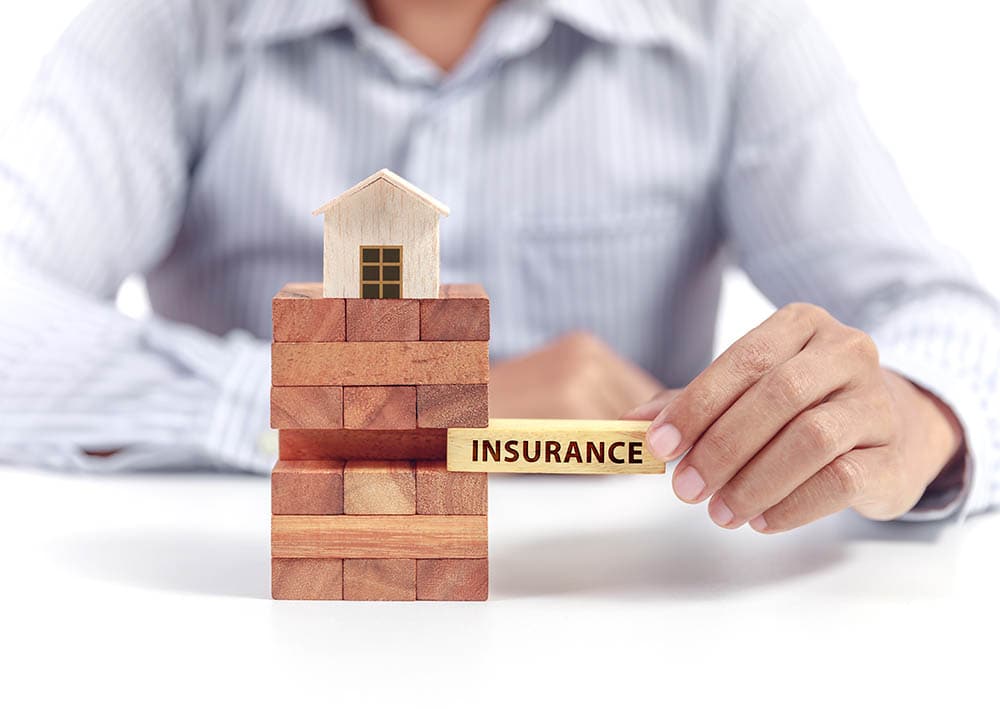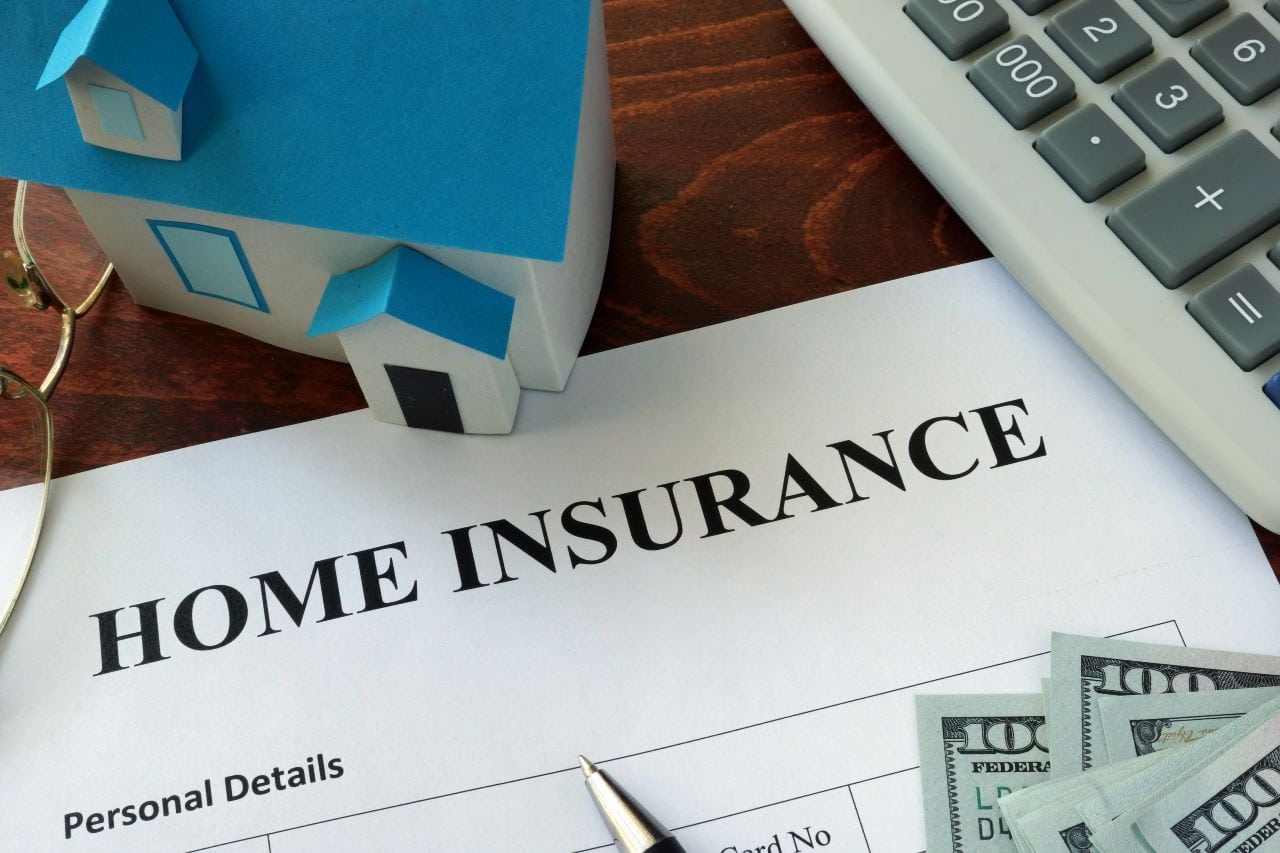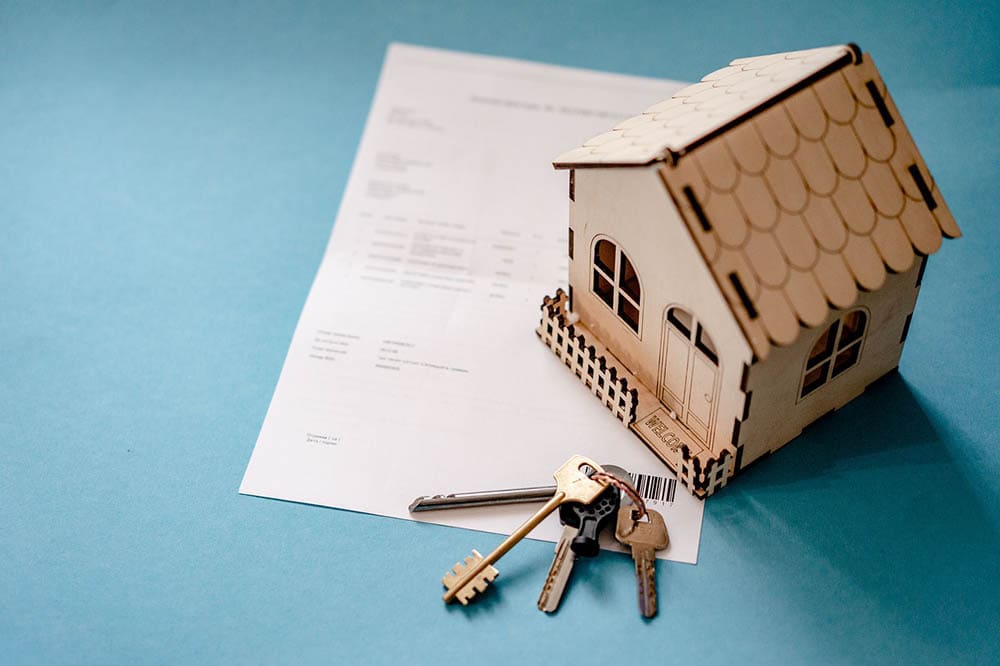What Does Homeowners Insurance Cover? What You Need to Know
-
Ed Malaker
- Last updated:

If you are a new homeowner, you likely know that homeowners insurance is essential and protects you in the case of property damage or if someone gets hurt on your property. However, like taxes and college enrollment forms, it can be extremely challenging to understand the text in the policy to know exactly what it covers and what your options are. If this sounds like your situation, keep reading, as we take a closer look at homeowners insurance to learn more about what it covers and how it works.

What Does Standard Homeowners Insurance Cover?
Dwelling Protection
All standard homeowners insurance has dwelling protection, which covers the structure of the home that you live in, including the walls, foundation, and roof. It also protects structures attached to the house, like a garage or deck.
Liability Protection
Liability is a standard protection included in homeowners insurance. Liability protects you when someone not living with you gets damaged or hurt on your property and requires medical attention. For example, injuries can occur if someone trips and falls on your sidewalk, burns their hand on your stove, or any number of accidents that can result in expensive medical bills too high for you to pay out of pocket.
Other Structures Protection
Most but not all homeowners insurance includes other structures protection, which means that it covers structures not attached to the home, like a garage, shed, fence, and more. If it doesn’t come with the standard insurance, you can usually add it for a small increase in your premium.
Personal Property Protection
Some homeowners insurance will include personal property protection, which covers any damage to the personal belongings that you keep within your home. If thieves steal your television, guitar, or diamond ring, the insurance company will make sure you get reimbursed for your loss. While some insurance companies offer personal property protection, it’s can be quite limited, and you usually need to upgrade for better coverage at a slightly higher premium.

Homeowners Insurance Options
Flood Protection
Many homeowners are surprised to learn that their homeowners insurance does not protect them in case of a flood. If you live in an area prone to flooding, you will need to add flood protection to your homeowners insurance, resulting in a slightly higher premium.
Earthquake Protection
One thing that many Americans need that most homeowners insurance does not cover is earthquake damage. If you live in California or one of the other states where earthquakes are possible, you will need to add this protection to your standard insurance.
Homeowner Insurance Coverage Limits
One important thing to consider when choosing a homeowners insurance policy is the coverage limit. Even if an insurance company covers a certain type of damage, if the cost of repairing it exceeds your coverage limit, you will need to fund the rest another way. This can be especially troubling in the case of liability protection, where someone’s medical expenses can exceed your coverage limits, leaving you with a substantial fee that you have no choice but to pay. Of course, not all companies have the same coverage limits, so shop around until you find something that you feel provides enough protection.

Homeowner Insurance Deductibles
Your deductible is how much you need to pay before the insurance kicks in to cover the rest. A higher deductible means you will need to pay more out of pocket if an accident occurs. However, it will lower your monthly premium, and it also helps the insurance company be more comfortable with you because people with higher deductibles make fewer claims, and you will be less likely to have your insurance canceled if you make a claim.
Personal Umbrella Policy
A personal umbrella policy is not actually a part of your homeowner’s insurance. It’s a separate thing entirely, and there’s more of an insurance for your insurance. The personal umbrella policy kicks in when you reach your coverage limits on your homeowners or automobile insurance to help you cover any remaining costs. This type of policy is perfect for people with expensive homes or valuable private property that can exceed the coverage limits of your homeowner’s insurance policy. It’s also a good idea for homeowners who live on main streets or other high-traffic areas where many people travel near your property. More people will increase the risk that someone will get hurt, possibly leading to sizable medical bills that can easily exceed coverage limits.
Summary
Your homeowner’s insurance protects your home from damage caused by fire, lightning, falling trees, criminals, and more. It also protects you if someone who doesn’t live with you gets hurt on your property. However, it doesn’t cover everything. You will often need to add protections to the insurance to have better coverage, especially if you live in an area with frequent flooding or earthquakes.
See also:
Featured Image Credit: Shutter_M, Shutterstock
Contents
